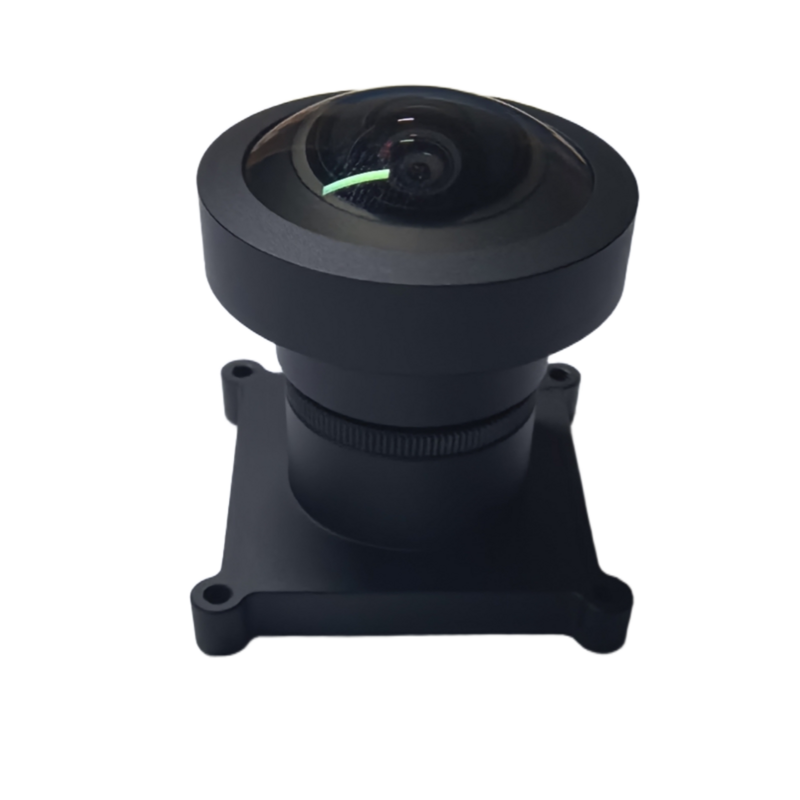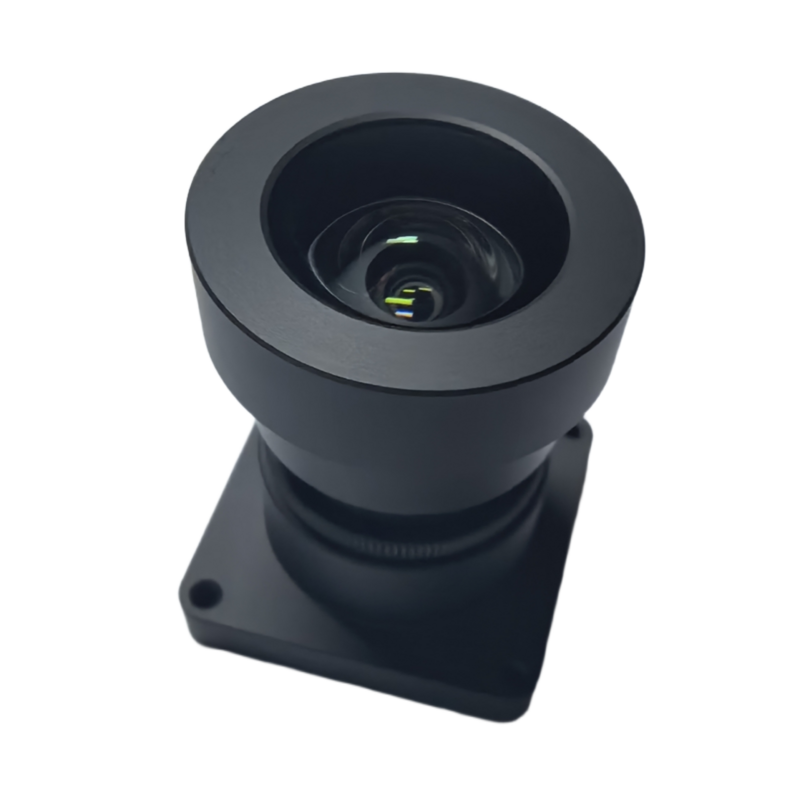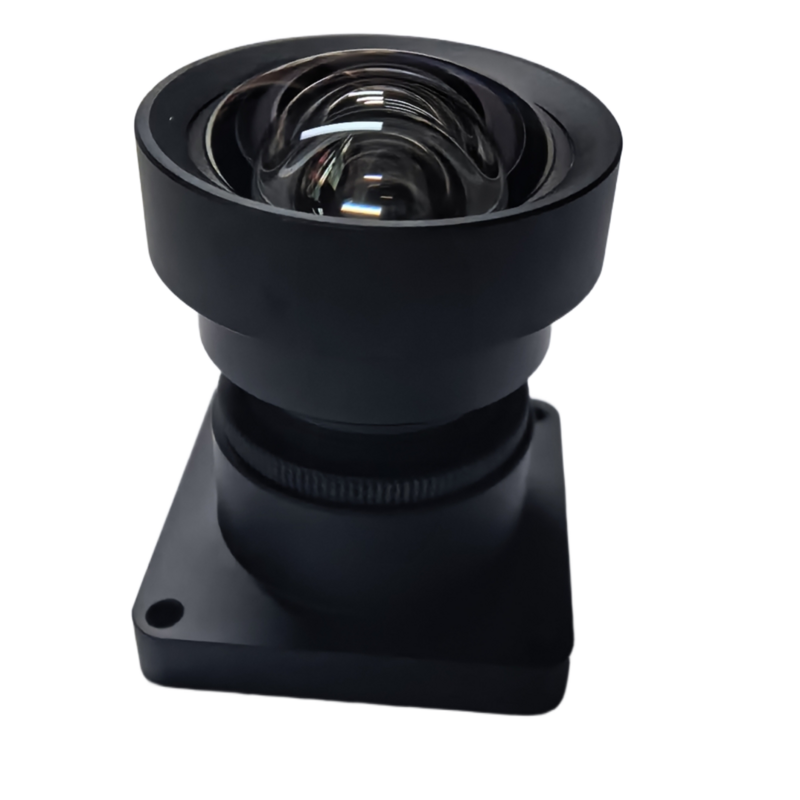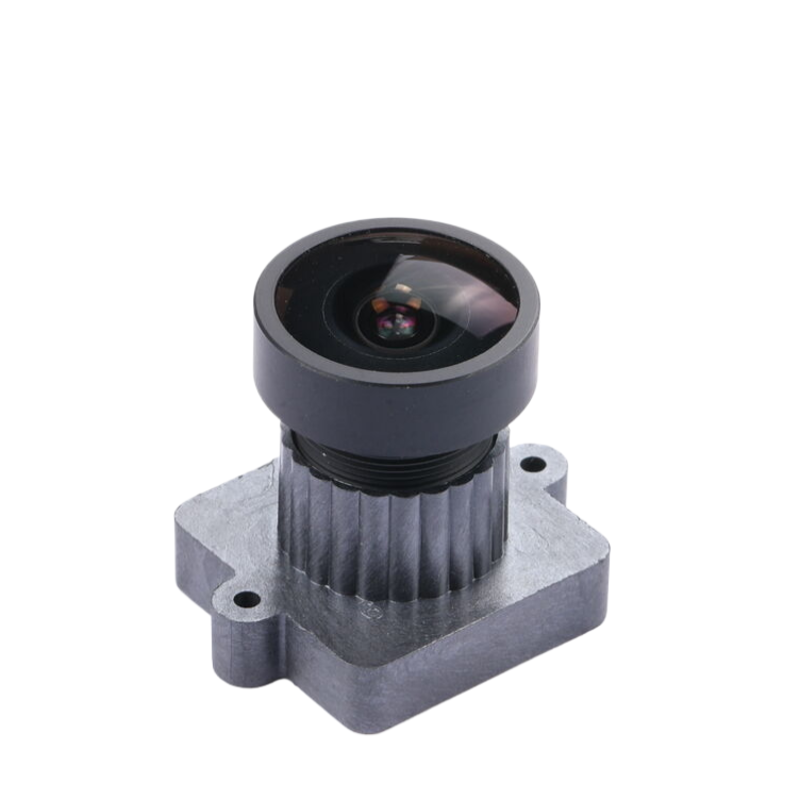Industrial News
Introduction
Neurosurgery is a critical field in medicine that involves the surgical treatment of disorders related to the nervous system. Medical lens, with its advanced imaging capabilities and technological innovations, plays a crucial role in improving the accuracy and efficacy of neurosurgical procedures. This article aims to analyze the role of medical lens in neurosurgery and its impact on patient outcomes.
Enhanced Visualization and Precision
The medical lens provides neurosurgeons with enhanced visualization of the surgical site and surrounding structures. The use of high-resolution imaging techniques, such as Magnetic Resonance Imaging (MRI) and Computed Tomography (CT), allows for detailed pre-operative planning and identification of pathologies. During surgery, magnification and illumination provided by the medical lens enable surgeons to visualize intricate anatomical structures with exceptional precision. This assists in making accurate incisions, minimizing damage to adjacent tissues, and reducing the risk of complications.
Aid in Complex Procedures
Neurosurgical procedures often involve delicate and complex tasks, such as tumor removal, vascular repairs, and spinal surgeries. Medical lens systems, including microscopes and endoscopes, aid in performing these intricate procedures by providing a clear and magnified view of the surgical field. The use of neuroendoscopy, a minimally invasive surgical technique, allows neurosurgeons to access deep brain structures through small incisions. The medical lens helps guide the endoscope to the target area, ensuring precise navigation and reducing surgical trauma.
Improved Patient Safety and Outcomes
The application of medical lens in neurosurgery significantly improves patient safety and outcomes. The advanced imaging modalities integrated with the medical lens aid in detecting and precisely localizing tumors, vascular abnormalities, and other pathologies, enabling their accurate removal or treatment. By enhancing visibility and precision, medical lens systems minimize the risk of surgical errors, resulting in reduced post-operative complications. Moreover, the use of minimally invasive techniques facilitated by medical lens systems reduces tissue damage, leading to faster recovery, shorter hospital stays, and improved patient satisfaction.
Conclusion
The role of medical lens in neurosurgery cannot be overstated. From improving visualization and precision to aiding in complex procedures and enhancing patient safety and outcomes, medical lens systems have revolutionized the field of neurosurgery. Continued advancements in medical lens technology offer promising prospects for further enhancement of surgical techniques, ultimately benefiting patients requiring neurosurgical interventions.
 English
English  German
German Japanese
Japanese Korean
Korean Vietnamese
Vietnamese French
French Spanish
Spanish भारत
भारत



